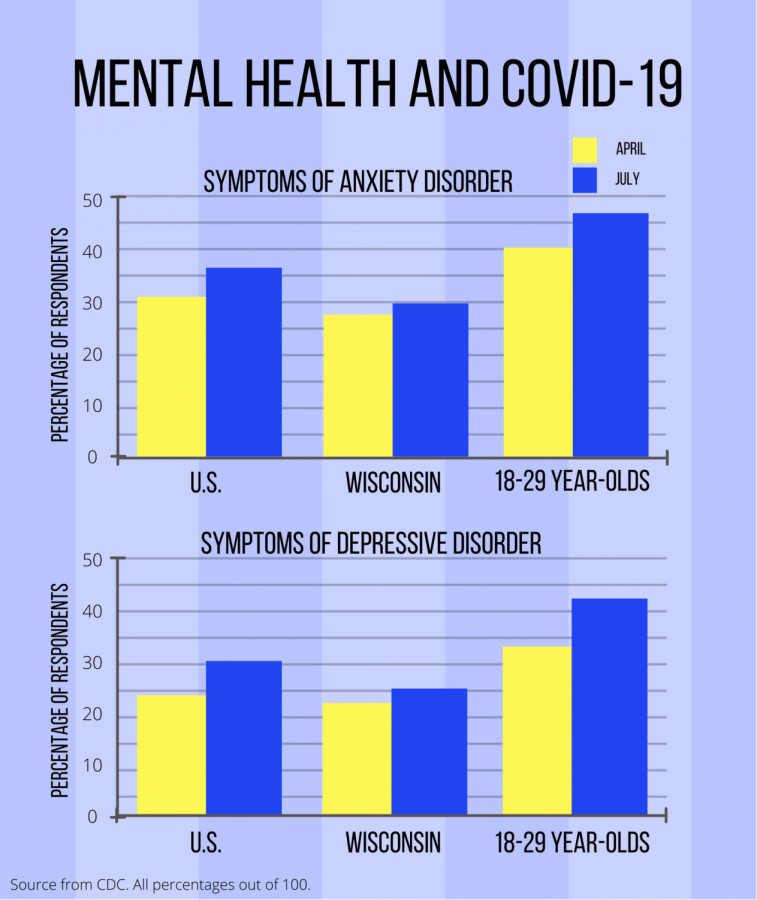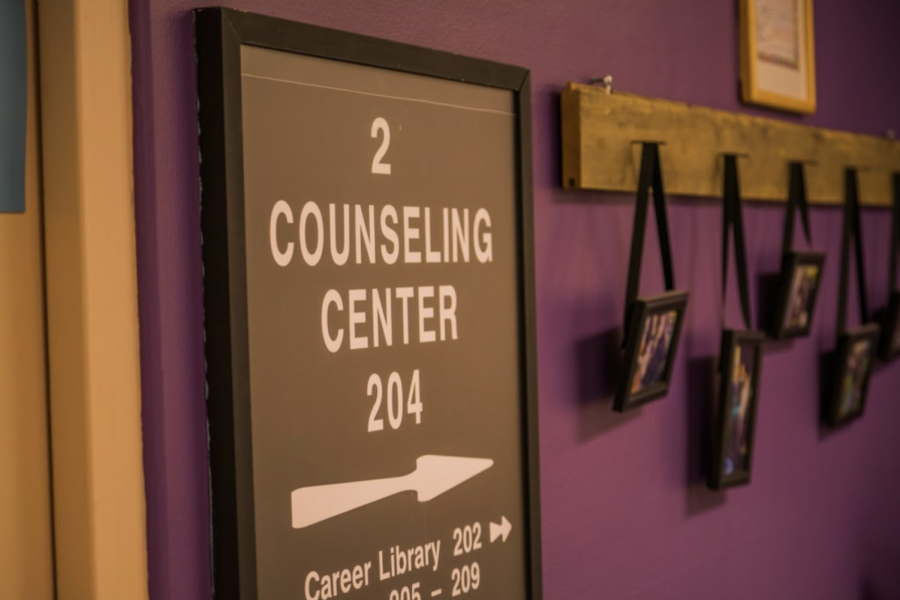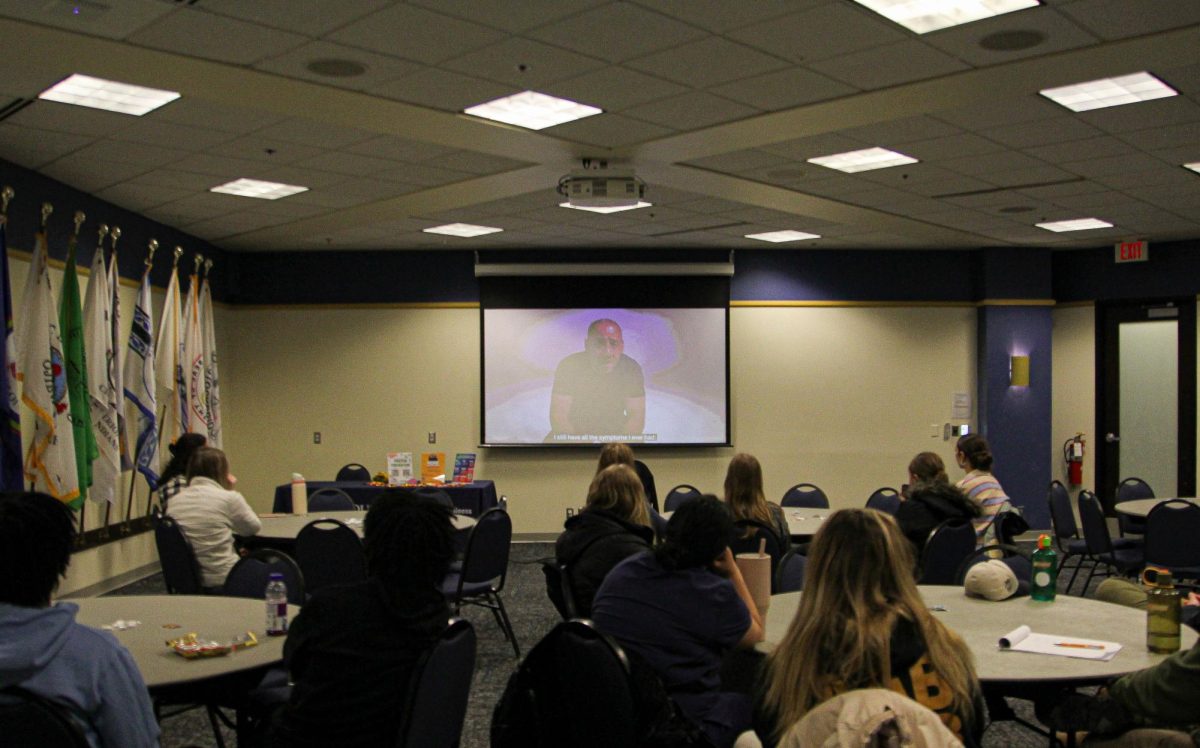The Counseling Center will primarily offer virtual services in the fall semester, to continue to mitigate the risk of COVID-19, Mark Zebrowski, former director of the Marquette counseling center, said in an email.
Zebrowski, who offers counseling services and provides administrative oversight of the counseling center, said in an email “in order to continue to mitigate the risk of COVID-19, the counseling center will mostly offer virtual services in the fall.”
Nick Jenkins, a counselor, and coordinator for the Counseling Center, said traditionally students would meet with a counselor or in a group in an in person setting. However, Jenkins said traditional options may not be safe at this time, and the Counseling Center wanted to still provide resources for students concerning mental health.
Jenkins said they plan to follow national, state, city and Marquette guidelines.
“As of right now, the majority of services will be provided via telebehavorial health for counseling and there may be staff available in the Counseling Center for crisis services,” Zebrowski said.
Zebrowski also said the Counseling Center is still considering in-person services for emergencies.
“We will re-evaluate the situation if we hear any new information about COVID and/or once the semester starts and we have a better understanding of the needs of our campus community,” Jenkins said in an email.
Zebrowski also said plans are being developed and may change as the response to COVID-19 changes. The Counseling Center will likely follow basic pandemic work responses such as continued use of telebehavorial health and work from home, minimal staff in the office and strong protocols about social distancing and COVID-19 mitigation in the office.
Zebrowski said the Counseling Center began offering telebehavioral health in June and students are finding it an easy transition. Jenkins said the Counseling Center has been working with the IT department at Marquette to be able to engage in video counseling/tele-behavorial health through Microsoft Teams.
“We have taken steps as to make sure that Microsoft Teams is HIPAA compliant and that counseling via this platform can remain confidential,” Jenkins said.
HIPAA required the Secretary of the U.S. Department of Health and Human Services to develop regulations protecting the privacy and security of certain health information
“Many regular modes of communication, such as Skype or Apple’s FaceTime are not sufficiently confidential. We have spent a fair amount of time with ITS determining what is the best and safest confidential process to offer virtual counseling,” Zebrowski said in an email.
Both Zebrowski and Jenkins said research has shown telebehavorial health is as effective as in-person counseling for most issues and circumstances. However, Zebrowski also said that telebehavirtial health services leads to other complications needing accommodations such as regulating private space and a good internet connection.
Jenkins said they have created protocols as to determine if someone is appropriate for telebehavorial health as well as to make sure that the person has the technology and privacy to engage in this type of treatment.
“We have been working on alternatives as well if students wouldn’t have a private space or have the technology to engage in telebehavorial health counseling in their home or on campus,” Jenkins said, “I can say that I have been providing counseling via telebehavorial health this summer at the Counseling Center and it feels very similar to when I was providing in-person therapy.
Brittney Sockwell, a junior in the College of Arts & Sciences, went to the Counseling Center from November 2018 to April 2019. She said her time at the Counseling Center was very helpful.
Sockwell said that based off her experiences, a “lack of in-person counseling could be a factor”, but doing counseling online could be more convenient and doing it from the comfort of home could be helpful. She believed in some situations online counseling could be better.
Jenkins also said the university is bringing an app called SilverCloud to campus, which Zebrowski said is an online mental health intervention that offers education about issues such as depression and anxiety and teaching skills on how to manage them.
Jenkins and Zebrowski both said Silvercloud has added a COVID-19 module that will help address the current issues we are facing with COVID-19 and quarantine as well as life after the pandemic.
Zebrowski said all students will have access to Silvercloud and a public relations campaign will be launched to encourage students to use it.
Zebrowski said students the Counseling Center is here to support them, and students can call at 414-288-7172 to access help or to ask any questions.
This story was written by Matthew Choate. He can be reached at matthew.choate@marquette.edu.








